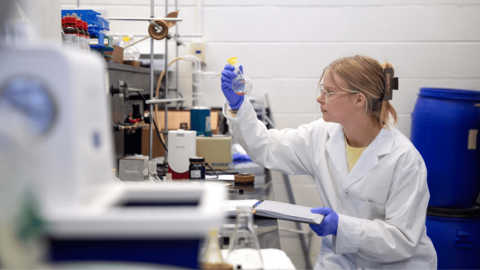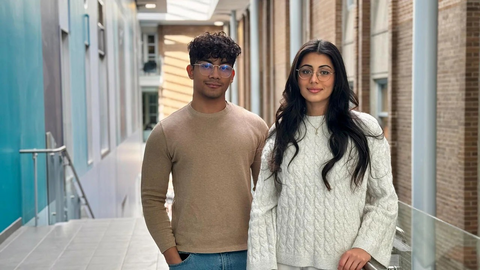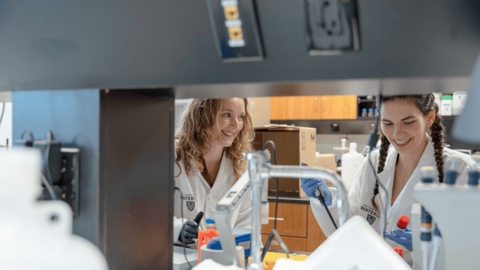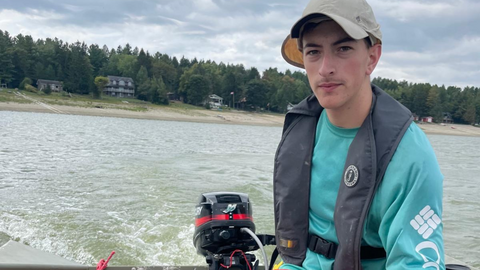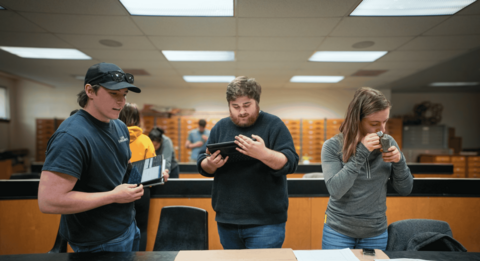
Undergraduate research opportunities in Science
Research with real-world impact
At Waterloo Science, you don’t just study science, you practice it. Getting involved in research gives you real-world experience, the chance to learn from leaders in the field, and, in some cases, the opportunity to be listed as a co-author on a research publication.
As an undergraduate researcher, you may prepare cultures or samples, set up experiments, and support day-to-day lab operations. These experiences will help you develop foundational techniques and procedures, preparing you for advanced research and a career in science.
Explore student research in action
Pathways to undergraduate research
Volunteer in a professor’s lab
Volunteering with a professor is a popular way for undergraduates to gain hands-on experience and explore potential career or graduate study paths. The Faculty of Science even provides funding to support undergraduate research assistantships on campus.
Take time to learn about a professor’s research and consider how it aligns with your interests. Connect with them via email or during office hour to introduce yourself and express your interest in their work.
Research through co-op
Science co-op students can pursue research positions as part of their work terms and receive co-op credit. Completing multiple research-focused co-op terms may qualify you for the Co-op Research Certificate.
Velocity Science
Velocity Science supports students who want to explore and develop research-driven innovations. Participants have access to mentorship, wet lab space, and technical resources to test hypotheses, prototype ideas, and translate research into real-world applications.
Honours thesis and capstone project courses
Some programs offer the chance to complete an undergraduate honours thesis or capstone project. These are year-long courses (spanning two terms) where you work closely with a faculty supervisor on an in-depth research or applied project.
Fund your curiosity
The Natural Sciences and Engineering Research Council of Canada (NSERC) rewards excellence and nurtures Canada's brightest young minds by funding top science and engineering students in Canada's post-secondary institutions. If selected, an NSERC Undergraduate Research Award will allow you to gain research experience by working full-time with an NSERC grant holder on a research project in a university laboratory.
